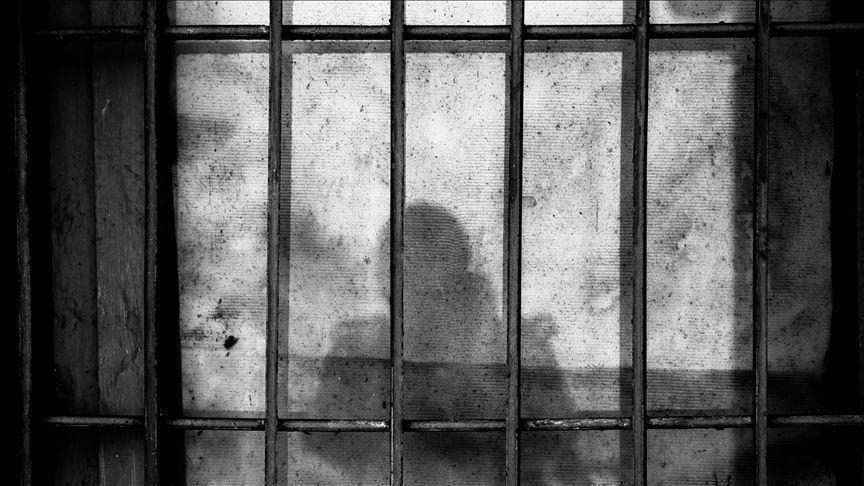WNAM REPORT: A South Korean commission has found that thousands of children and adults were enslaved at government-funded facilities and often raped, tortured or killed from the 1960s to the 1980s.
The Truth and Reconciliation Commission, in a startling report released Monday, revealed that thousands of women were pressured into giving away their infants for foreign adoptions after giving birth at government-funded facilities.
According to the commission, this is the first comprehensive investigation that has revealed the truth about human rights violations in homeless shelters nationwide, which have been covered up for the past 37 years.
Formed in December 2020 to review human rights violations linked to the country’s past military governments, the commission focused on four similar facilities in Seoul and Daegu districts and the provinces of South Chungcheong and Gyeonggi, finding that “human rights violations such as forced detention by public officials, “entering the revolving door against one’s will, assaults and cruel acts, solitary confinement, and forced labor” occurred there.
Records showed that South Korea sent more than 17,500 children abroad in 1985 and 1986 as its foreign adoption program peaked.
The investigation’s results show that the government continued to conduct illegal crackdowns and forced detentions by joint police and civil servant task forces under the pretext of “social purification.”
While entrusting the operation of the relevant facilities to private corporations, it neglected the occurrence of serious human rights violations such as confinement, assault and forced labor, the report added.
“This investigation revealed for the first time the reality of human rights violations such as long-term detention due to ‘revolving door admission’ between facilities,” it said.
The commission recommended that the state officially apologize to victims and take measures to restore actual damages, establish measures to prevent the recurrence of human rights violations in facility custody, and establish measures to provide ongoing support to victims.


